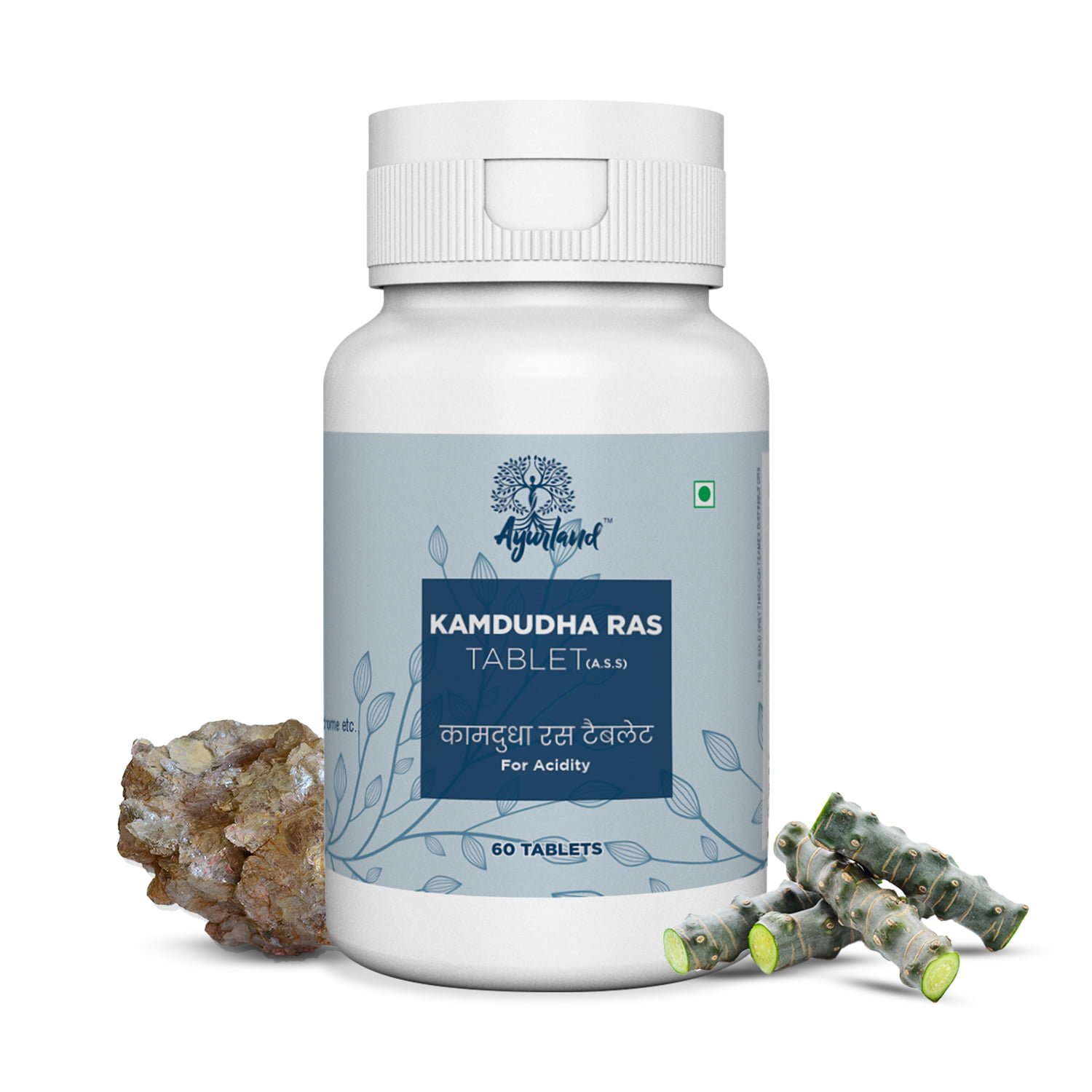

Table of Contents
Understanding Acidity
Acidity is a common digestive disorder characterized by an excessive production of stomach acid, leading to symptoms such as heartburn, indigestion, and acid reflux. While occasional acidity is normal, chronic or severe acidity can significantly impact one’s quality of life. In this article, we’ll explore the symptoms, treatment options, and preventive measures for acidity, addressing common questions and concerns.
Symptoms of High Acidity:
High acidity manifests through various symptoms, including:
- Heartburn: A burning sensation in the chest, often after meals or at night.
- Indigestion: Feeling bloated or uncomfortable after eating, accompanied by burping or belching.
- Acid Reflux: Regurgitation of stomach acid into the esophagus, causing a sour taste in the mouth and throat.
- Nausea: Persistent feelings of queasiness or discomfort in the stomach.
- Dyspepsia: General discomfort or pain in the upper abdomen, often described as a feeling of fullness or discomfort.
Acidity Treatment
Several over-the-counter and prescription medications can provide relief from acidity. Some common options include:
- Antacids: These neutralize stomach acid and provide quick relief from symptoms.
- Proton Pump Inhibitors (PPIs): These drugs reduce the production of stomach acid, offering long-term relief from acidity.
- H2 Blockers: These medications also reduce stomach acid production, alleviating symptoms of acidity and preventing their recurrence.
- Prokinetics: These drugs help in improving stomach emptying and reducing acid reflux symptoms.
Risks Associated with Acidity:
Untreated or poorly managed acidity can lead to various complications, including:
- Esophagitis: Inflammation and damage to the esophageal lining due to repeated exposure to stomach acid.
- Peptic Ulcers: Sores in the stomach or duodenal lining caused by prolonged acidity.
- Esophageal Strictures: Narrowing of the esophagus due to scarring from acid damage.
- Barrett’s Esophagus: Changes in the esophageal lining that increase the risk of esophageal cancer.
Prevention and Home Remedies for Acidity
To reduce acidity and prevent its recurrence, consider the following tips:
- Eat Smaller Meals: Opt for smaller, more frequent meals to prevent overeating and reduce acid production.
- Avoid Trigger Foods: Limit consumption of spicy, oily, acidic, or fatty foods that can exacerbate acidity.
- Stay Hydrated: Drink plenty of water throughout the day to help dilute stomach acid and promote digestion.
- Manage Stress: Practice relaxation techniques such as deep breathing, meditation, or yoga to reduce stress levels, which can contribute to acidity.
- Elevate Head While Sleeping: Use pillows to elevate your head while sleeping to prevent acid reflux.
- Quit Smoking and Limit Alcohol: Smoking and excessive alcohol consumption can increase acidity and exacerbate symptoms.
Read Also : Best 11 Home Remedies for Acidity and Gas Problem
Permanent Cure for Acidity:
Q: How to cure acidity permanently?
A: While there is no permanent cure for acidity, adopting a healthy lifestyle and following preventive measures can help manage symptoms effectively and reduce the frequency of episodes. Incorporate dietary changes, stress management techniques, and regular exercise into your routine to promote digestive health and overall well-being.
Conclusion:
Acidity is a common digestive disorder that can significantly impact one’s quality of life if left untreated. By recognizing the symptoms, seeking appropriate treatment, and implementing preventive measures, individuals can effectively manage acidity and enjoy improved digestive health. Consult with a healthcare professional for personalized advice and treatment options tailored to your specific needs.
References:
- National Institute of Diabetes and Digestive and Kidney Diseases. “Heartburn, Gastroesophageal Reflux (GER), and Gastroesophageal Reflux Disease (GERD).” https://www.niddk.nih.gov/health-information/digestive-diseases/acid-reflux-ger-gerd-adults/definition-facts.
- American College of Gastroenterology. “Understanding Gastroesophageal Reflux Disease.” https://gi.org/topics/acid-reflux/.
- Mayo Clinic. “GERD: Symptoms & Causes.” https://www.mayoclinic.org/diseases-conditions/gerd/symptoms-causes/syc-20361940.
- National Health Service. “Indigestion (Dyspepsia).” https://www.nhs.uk/conditions/indigestion/.
- WebMD. “Understanding Heartburn and Reflux Disease.” https://www.webmd.com/heartburn-gerd/guide/understanding-heartburn-basics.
Frequently Asked Questions:
1. What are some natural remedies for acidity?
Natural remedies for acidity include drinking ginger tea, consuming licorice root, chewing gum to increase saliva production, and avoiding tight clothing that can put pressure on the stomach.
2. Can stress worsen acidity symptoms?
Yes, stress can exacerbate acidity symptoms by increasing stomach acid production and altering digestive processes. Practicing stress management techniques such as mindfulness, meditation, and exercise can help alleviate symptoms.
3. Is acidity the same as heartburn?
Heartburn is a symptom of acidity characterized by a burning sensation in the chest, whereas acidity refers to the excessive production of stomach acid. While heartburn is a common symptom of acidity, acidity can also manifest through other symptoms such as indigestion and acid reflux.




